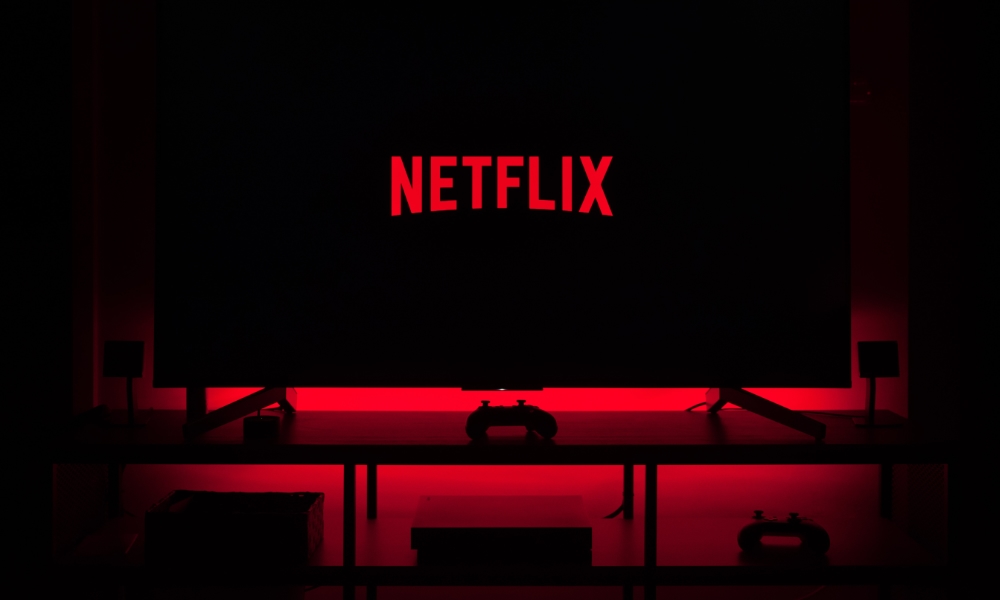Netflix’s Password Sharing Crackdown Pays Off with Nearly Six Million New Subscribers
 Credit: Thibault Penin
Credit: Thibault Penin
Toggle Dark Mode
After a few years of toying with different ways to prevent password sharing, Netflix rolled out its final approach to the problem earlier this year, forcing viewers using other people’s Netflix passwords to either pay up or get out.
As unpopular as the crackdown has been, it appears that most folks can’t live without their Netflix. With the free ride now over, the streaming giant has gained 5.9 million new subscribers globally in the last quarter, representing the most significant year-over-year growth that it’s experienced since the COVID-19 lockdowns forced people to find new sources of indoor entertainment.
Netflix announced the quarterly results in a letter to shareholders where it added that revenue in each region has increased since it launched paid sharing in over 100 countries in May, and sign-ups have already exceeded cancellations by a significant margin.
The new policy, which limits the use of Netflix to members of the same household, was trialed in 2022 in a handful of South American countries before officially coming into force in Canada, New Zealand, Portugal, and Spain in February. In May, Netflix brought it to the US and most other countries. The rules restrict a Netflix account from being used on smart TVs and set-top boxes from more than a single location while making allowances for those who travel outside the home with mobile devices like iPhones and iPads.
The official numbers from Netflix show a continuation of the trend that analysts noted in June when streaming analysts company Antenna discovered that the company saw a massive four-day uptake in subscribers, overshadowing the number of cancellations by a ratio of 25.6%.
While some cancellations were expected as some folks left in protest or didn’t want to bear the cost of a previously shared plan, it seems that more primary subscribers maintained their plans while leaving those previously along for the ride to sign up for their own Netflix account.
The cancel reaction was low and while we’re still in the early stages of monetization, we’re seeing healthy conversion of borrower households into full paying Netflix memberships as well as the uptake of our extra member feature. Netflix
Notably, these 5.9 million new subscribers were for entirely new plans; they weren’t “extra member” accounts tacked on to existing plans. The primary subscriber pays for those, so they’re more like an upgrade. Netflix doesn’t include extra member accounts in its total subscriber numbers, but it does add that revenue from the extra member feature is “not yet material.”
That’s understandable since many primary account holders likely aren’t too eager to tack another $7.99/month onto their bill for anyone who isn’t a close friend or family member. They also aren’t an especially great deal when you consider that Netflix has a “Standard with ads” plan that costs $6.99 and provides nearly all the features of the $15.49 Standard tier as long as you’re willing to live with some ads. Further, although Netflix discontinued its Basic plan this week, that $9.99 plan was available for most of the quarter, offering 720p streaming quality and no ads.
Thanks to its Profile Transfer feature, Netflix has also made it as seamless as possible for those formerly sharing passwords to move to a new account. This lets people who previously shared an account with someone else set up on their own without losing the viewing data from their old profile, such as My List and personalized recommendations.
Following the success of the new account-sharing policies, Netflix adds that it will be rolling it “almost all of our remaining countries,” including places like Indonesia, Croatia, Kenya, and India. However, it plans to do so without offering the extra member option since it notes that it’s “recently cut prices in a good number of these countries” and believes that the extra member accounts would create “additional complexity.”







